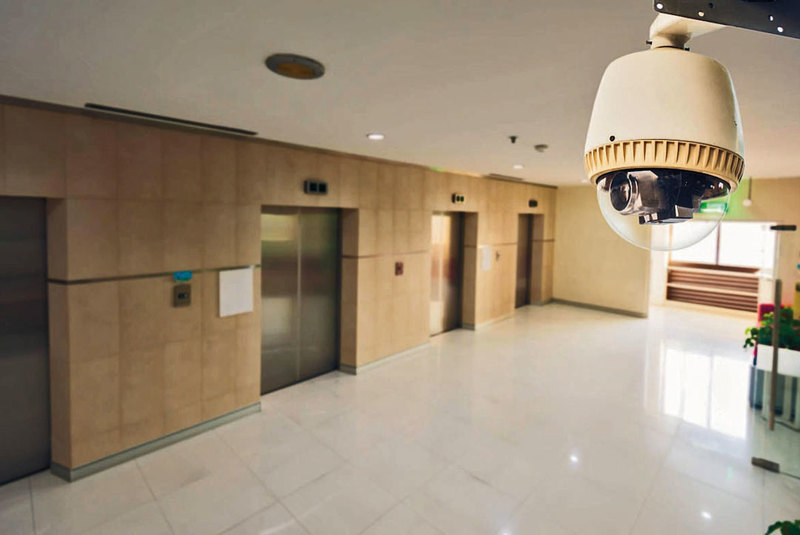
Travellers have always wanted to be sure that the hotels they use are as safe and secure as possible. Their concerns have traditionally been related largely to fire and petty theft, but in the light of recent global events and changing attitudes, plus the ease of access to increasing amounts of independent information and guest reviews on the internet, people now expect far more from hotels and ask far more questions than ever before. Comfort, location and facilities remain high on the list in the decision-making process, but safety in all its forms is rapidly becoming a major deciding factor when choosing hotels, particularly for corporations and governments looking for accommodation for key people and VIPs.
Hotels have inherent vulnerabilities to criminals and terrorists. This is nothing new and professional analysis in many countries has shown that criminals see hotels as soft targets, rich with opportunities for easy access to people and their possessions. Hotel buildings are by necessity largely open to the public, and guests and other legitimate visitors come and go freely, providing an ideal opportunity for criminals to enter with little risk of detection.
Terrorists also see hotels as high value targets and have directed attacks at westerners and western interests in hotels to obtain maximum political impact for their causes. Terrorist attacks on hotels have increased markedly in recent years, but despite this, hotel security remains difficult for travellers and travel risk managers to assess.
Credible, qualified and fully independent security accreditation is now beginning to emerge as the only reliable option for travellers and travel planners who need to be sure they are making the right accommodation choices. With this mind, Global Secure Accreditation (GSA) has developed the world’s first set of evidence-based hotel security standards which incorporate techniques used by leading law enforcement and security agencies in the prevention of crime and terrorism. These accreditation standards are applied commensurate with the risk and threat profile of each individual hotel and take into account factors such as location, brand, patronage, incident history and any other relevant issues. The GSA accreditation process has been designed to align with the new ISO 31030 travel risk management standard due in 2020, and the accreditation is independently reviewed and awarded by the prestigious and internationally recognised Skills For Justice Awards (the UK’s sector skills council for justice, community safety, and legal services) and overseen by Ofqual (the UK government’s watchdog for qualifications, examinations and testing).
The GSA approach is a modern form of self-regulation by the industry which brings together hoteliers, qualified security specialists and appropriate regulators in a collaboration designed to maintain trust and confidence among travellers through independently assured hotel security.
To find out more about GSA and independent hotel safety and security accreditation, contact asiapacific@gsaccreditation.com, or visit www.gsaccreditation.com.







